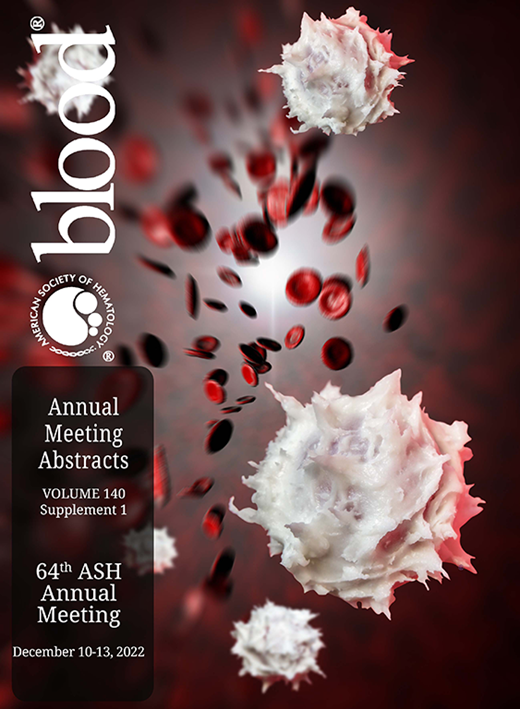Abstract
Background: Since the first edition Telomere Biology Disorder: Diagnosis and Management Guidelines in 2015, there have been substantial advancements to the field of Telomere Biology Disorders (TBDs): new genetic causes of TBDs have been found, clinical presentations beyond the mucocutaneous triad and pediatric bone marrow failure are better understood, and management and outcomes are better defined.
Purpose: The patient advocacy group Team Telomere Inc. aimed to develop comprehensive guidelines to be utilized by patients, caregivers, physicians, and researchers that reflect an evolving understanding of these disorders while filling important gaps in the field.
Methods: The development of these guidelines has been a multi-disciplinary international collaboration spanning two years. The effort brought together 58 contributing authors and field experts from 34 institutions across seven countries, nine Community-Centric Review Committee members, fruitful inter-organizational collaboration, and the TBD community at large.
Results: These guidelines were officially published May 2nd, 2022. They are a comprehensive reference manual for patients, physicians, and researchers. They consist of 31 peer-reviewed, comprehensive chapters, nine of which are new additions to the first edition (including myelodysplastic syndromes and acute myeloid leukemia, liver transplantation, lung transplantation, routine screening for children with TBDs, routine screening for adults with TBDs). Notably, from the first edition, there are considerable increases in the involvement of adult clinicians and the representation of adult manifestations of TBDs. The topics covered include underlying biology, diagnostic criteria, major body and organ systems, routine care, and potential future directions.
Conclusions: The second edition of the TBD Diagnosis and Management Guidelines expands substantially on the first edition and effectively addresses the unmet needs within a greater proportion of the TBD community. With this publication and effective distribution, we hope to see improved diagnosis, increased awareness, optimal management, and better outcomes within the TBD field. The guidelines can be downloaded or requested at https://teamtelomere.org/diagnosis-management-guidelines/.
Disclosures
Agarwal:Astellas Pharma: Research Funding; Rejuveron Telomere Therapeutics: Consultancy, Current holder of stock options in a privately-held company, Research Funding; Cimeio Therapeutics: Consultancy, Current holder of stock options in a privately-held company, Membership on an entity's Board of Directors or advisory committees.
Author notes
Asterisk with author names denotes non-ASH members.

